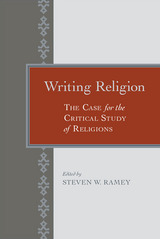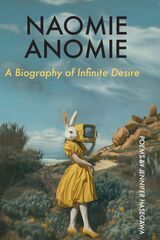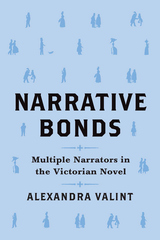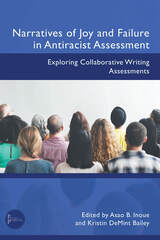2 books about McCutcheon, Russell T.

Our Primary Expertise
A Future for the Study of Religion
Russell T. McCutcheon
Rutgers University Press, 2026
Our Primary Expertise: A Future for the Study of Religion brings the author full circle—from his first book in 1997, on how claims that religion was unique were used to establish the North America field to his present argument that its future is instead based on the degree to which its findings can be applied in a wide assortment of areas, both inside and outside of academia. Its previously uncollected essays, all with new introductions that frame this timely argument, make plain that longstanding critiques of how scholars go about their work have always been about the study of religion’s odd home in the humanities—a place that’s increasingly vulnerable in today’s university. Calling on members of the field not just to revise their research methods but also the ways that they train the next generation, Our Primary Expertise is the only work in the field taking seriously that scholars of religion can help to secure the future of their own field, if only they’re prepared to see “the life of the mind” as a rhetoric that they can no longer afford.
[more]

Writing Religion
The Case for the Critical Study of Religion
Edited by Steven W. Ramey
University of Alabama Press, 2015
In 2002, the University of Alabama's Department of Religious Studies established the annual Aronov Lecture Series to showcase the works of nationally recognized scholars of religion capable of reflecting on issues of wide relevance to scholars from across the humanities and social sciences. Writing Religion: The Case for the Critical Study of Religion is an edited collection of essays that highlights critical contributions from the first ten Aronov lecturers.
Section one of the volume, “Writing Discourses,” features essays by Jonathan Z. Smith, Bruce Lincoln, and Ann Pellegrini that illustrate how critical study enables the analysis of discourses in society and history. Section two, “Riting Social Formations,” includes pieces by Arjun Appadurai, Judith Plaskow, and Nathan Katz that reference both the power of rites to construct society and the act of riting as a form of disciplining that both prescribes and proscribes. The writings of Tomoko Masuzawa, Amy-Jill Levine, Aaron W. Hughes, and Martin S. Jaffee appear in section three, “Righting the Discipline.” They emphasize the correction of movements within the academic study of religion.
Steven W. Ramey frames the collection with a thoughtful introduction that explores the genesis, development, and diversity of critical analysis in the study of religion. An afterword by Russell McCutcheon reflects on the critical study of religion at the University of Alabama and rounds out this superb collection.
The mission of the Department of Religious Studies is to “avoid every tendency toward confusing the study of religion with the practice of religion.” Instruction about—rather than in—religion is foundational to the department’s larger goal of producing knowledge of the world and its many practices and systems of beliefs. Infused with this spirit, these fascinating essays, which read like good conversations with learned friends, offer significant examples of each scholar’s work. Writing Religion will be of value to graduate students, advanced undergraduates, and scholars interested in the study of religion from a critical perspective.
Section one of the volume, “Writing Discourses,” features essays by Jonathan Z. Smith, Bruce Lincoln, and Ann Pellegrini that illustrate how critical study enables the analysis of discourses in society and history. Section two, “Riting Social Formations,” includes pieces by Arjun Appadurai, Judith Plaskow, and Nathan Katz that reference both the power of rites to construct society and the act of riting as a form of disciplining that both prescribes and proscribes. The writings of Tomoko Masuzawa, Amy-Jill Levine, Aaron W. Hughes, and Martin S. Jaffee appear in section three, “Righting the Discipline.” They emphasize the correction of movements within the academic study of religion.
Steven W. Ramey frames the collection with a thoughtful introduction that explores the genesis, development, and diversity of critical analysis in the study of religion. An afterword by Russell McCutcheon reflects on the critical study of religion at the University of Alabama and rounds out this superb collection.
The mission of the Department of Religious Studies is to “avoid every tendency toward confusing the study of religion with the practice of religion.” Instruction about—rather than in—religion is foundational to the department’s larger goal of producing knowledge of the world and its many practices and systems of beliefs. Infused with this spirit, these fascinating essays, which read like good conversations with learned friends, offer significant examples of each scholar’s work. Writing Religion will be of value to graduate students, advanced undergraduates, and scholars interested in the study of religion from a critical perspective.
[more]
READERS
Browse our collection.
PUBLISHERS
See BiblioVault's publisher services.
STUDENT SERVICES
Files for college accessibility offices.
UChicago Accessibility Resources
home | accessibility | search | about | contact us
BiblioVault ® 2001 - 2025
The University of Chicago Press









